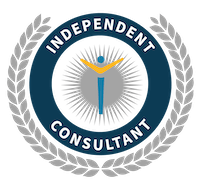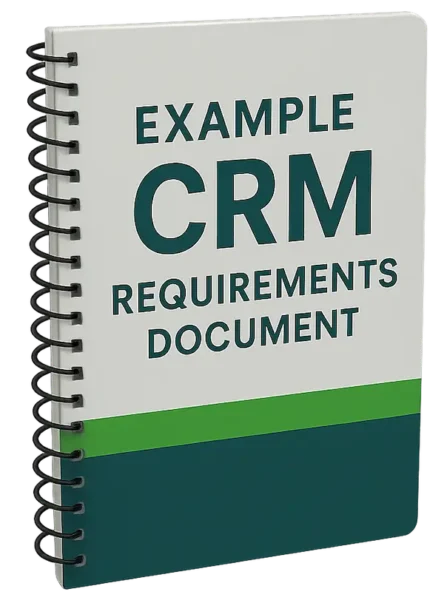CRM is well known in the business world for being one of the best and most cost-effective ways of improving sales performance and efficiency in organizations of almost any size.

Many businesses that adopt CRM use it primarily to track prospects through a sales cycle, which hopefully will culminate in a won opportunity.
For some companies, a won opportunity represents only the midpoint in their CRM system’s use cycle. For them, CRM is just as important for their operations, service, and support teams as it is for sales.
Here are five things CRM can do for your business and your customers after a sales opportunity has been won:
1) Create & Manage Orders
Once an opportunity is won, what comes next? While marking a won opportunity in CRM may automatically convert a prospect into a customer within the system, many CRM systems also have the ability to then convert that opportunity into a sales order.
The difference between an opportunity and an order is that an order is something that can managed by a company’s operations department.
Rather than having to perform this step manually outside of CRM, many CRM systems offer the ability to make creating orders part of the workflow once an opportunity is won.
2) Manage Projects
Winning a client’s business often means initiating a project to deliver the product or service the client has purchased.
Depending on the size of the project and the number of resources required to complete it, the project may require managing tasks over days, weeks, or months before the final product is delivered.
Many CRM systems either include or integrate with project management tools.
This allows the entire process to be tracked and managed directly within the CRM system. This streamlines the process for everyone involved, because they can all work within one system, rather than going back and forth between multiple applications to keep track of a project’s status.
3) Send Invoices & Manage Receivables
In some CRM systems, a company’s accounting function can be moved onto the CRM platform. This adds efficiency by removing the need for employees to switch among multiple systems to accomplish a task.
Having billing and accounting data native in CRM can also be useful for both the sales and customer service departments. Being able to quickly review a customer’s billing info, invoice history, past orders, and more can provide helpful insight for salespeople and allow customer service staff to answer inquiries faster.
4) Provide Better Customer Service
It comes as a surprise to many businesses that CRM can be an excellent platform for customer service employees. Things like shipping information, billing data, order history, and a variety of other common service-related questions and processes are all available in many CRM systems.
The more customer data and history that is available in CRM, the faster and more comprehensive service reps can be. This means CRM can actually decrease the time it takes customer service to respond to clients.
5) Offer Online Technical Support
Handling customer support issues in CRM is common. Logging cases (or tickets) in CRM allows tech support reps to quickly and easily see a customer’s support history.
Many businesses that use support tools outside of CRM grow frustrated with having to duplicate entries between their ticket management software and CRM. By using a CRM’s customer support functionality from the beginning, this issue is easily avoided.
Do All CRM Systems Include These Features?
Not every CRM system on the market includes all of the functionality mentioned above. Some systems may not include only any of these features by default.
It’s important to note that many CRM systems have multiple versions, tiers, or subscription levels that may restrict or enable additional functionality based on the price paid.
If a particular feature or function is not built in as a core part of a CRM system, it may still be possible to add it in one of two different ways:
Third-party applications can be integrated into CRM platforms to provide native project management functionality.
Some of the major CRM vendors have thriving third-party application marketplaces (app stores) that users can take advantage of to add new functionality to their systems.
The second option is custom-developing a desired feature set using a CRM platform’s developer tools. While more labor-intensive than buying an off-the-shelf solution from a third party, developing a specific feature within CRM allows businesses to get exactly what they want with no sacrifices and no ongoing license costs.
With that said, many smaller and/or more niche CRM vendors may not provide certain features as part of their platform, don’t integrate with third-party apps, and aren’t customizable through internal development. Businesses that are looking for specific functionality should be very thorough when evaluating CRM systems before making a commitment.
Choosing The Right CRM System
Finding the right type of CRM system almost always requires a thorough examination of your company’s business goals and challenges. Putting your business through a rigorous examination to determine bottlenecks and pain points almost will bring new information to light that can be integrated into your CRM selection criteria.
This process can be done entirely with your own internal resources, but it is often more successful when you work with an outside party who can be neutral and objective at each stage.



